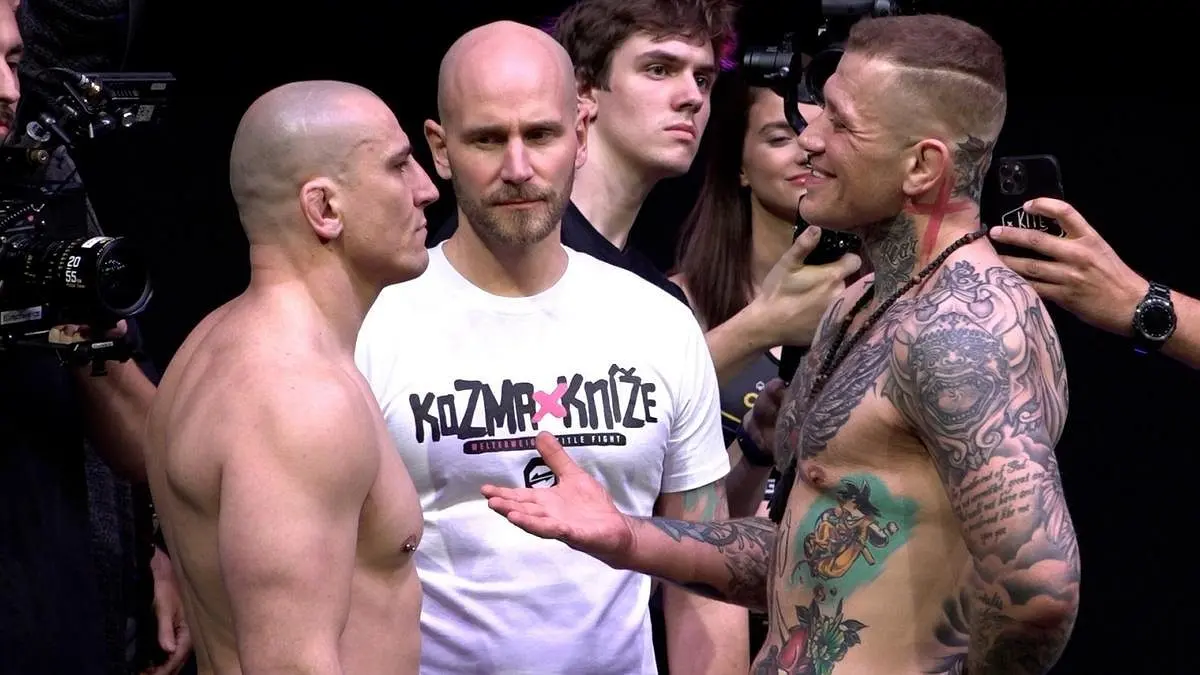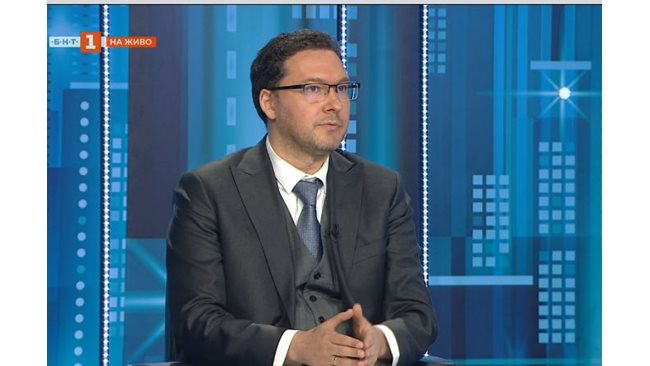No matter where you live, big city or hamlet, overcrowded departments or medical deserts, everyone can call 15, day or night. A voice answers, advises, reassures, help is sent… Enter the Chaumont Call Center, in Haute-Marne, in this small world of emergency that everyone uses and that no one really knows.
The SAMU (Urgent Medical Aid Service) is a service responsible for responding to requests from outside the hospital.
In France, these SAMUs have been installed since 1979 at the heart of each department. They consist of a telephone call center (15) to which several SMURs (Service Médical d’Urgence) distributed in different points of the departmental territory.
The ARM (Medical Regulation Assistant) who picks up and registers the request can forward the call to the regulating doctor present in the same room. The latter gives simple advice or medical aid by telephone or asks the assistant to engage help: a simple ambulance or a rescue vehicle with an SAMU team. He can also resort to other means: the fire brigade, private ambulance companies, the police. Very often, when the decision is self-evident, the ARM takes the necessary decision alone.
The call center at 15 is now faced with the combined challenges of booming demand, an overheated hospital and the scarcity of medical coverage.
The extreme loneliness in which many people find themselves, the disappearance of the family doctor, the erasure of family, local and professional solidarity have placed hospital medicine as a last resort in all kinds of distress, whether medical, psychological or social.
–
To consult outside working hours and days, or in the absence of an available doctor, users call 15 to find help and comfort.
Number 15 thus receives all kinds of calls, day and night, regardless of the reality of the emergency and the seriousness of the illness. It is estimated that, in more than 30% of cases, the response provided consists solely of information or medical advice.
It was following her meeting with Doctor Christophe Avena that director Caroline Philibert decided to spend a few days and nights at the call center in Dijon, then Chaumont, where he now works. Christophe Avena is a regulating doctor very invested in the center 15 where he practices medicine, although he never meets “his” patients. Doctor Avena adores his job, which he describes as a “real doctor’s job” even if he admits the paradoxical side of this denomination when he never sees his patients.
–
After a reorganization of call centers into interregional centers in order to “optimize” services, the departments of Côte-d’Or and Nièvre were grouped together in a single center, that of Dijon. It was this reorganization that prompted Christophe Avena to leave Dijon and take up a position at Chaumont: “In Dijon it became more difficult because I had the feeling of no longer mastering my complete environment of no longer interacting with my team. Because a team, it also transmits information, it is also attentive to the patient and as we had been obliged, because of the volumes of calls to format more importantly, I was there less good.”
At Chaumont, he exercises his profession in a real therapeutic relationship with the callers, in a call service “with a human face”.
It is also at the level of the calls that Christophe notes a big difference between the center of Dijon and that of Chaumont. In the big cities, the calls are more numerous, the requests more pressing… whereas in the rural world, people are more used to waiting.
When someone who is used to fending for themselves calls at 3 am to say that he is in “a little pain”, you have to be careful because behind the “a little” it can be a lot!
Christophe Avena, medical regulator
–
This is the case of a call received in the middle of the night for an elderly person suffering from shortness of breath and heart problems. At this late hour, the dispatching doctor had an ambulance moved to the patient’s home, as no doctor was available for visits at night. In a comforting voice, he then speaks to the patient’s husband and gives him some advice before the ambulance arrives.
The regulation makes it possible not to send an ambulance for care which can be done in the office or by traveling by oneself to the emergency room.
“Regulation is the first prescription, the first contact. When someone calls an emergency service, it’s very important to them, they want to be heard, to be listened to. Even if we manage a lot of calls , we must give our full attention to this call” confides Christophe Avena.
Despite the many calls, the doctor remains attentive to each request and takes the time to listen to the people who ask for it.
Knowing how to listen, diagnose and refer to the right services is the main mission of the regulating doctor.
Like the day when a young minor calls because she thinks she was the victim of sexual abuse in the evening without having the slightest memory, probably drugged without her knowledge. As she has not yet spoken to her parents, Christophe Avena kindly directs her to the emergency room. for a gynecological examination by asking her to be accompanied by a “trustworthy person”. He then takes care of notifying the service concerned by giving them as much information as possible so that the young girl is expected at this difficult time.
Installed in a building of the Departmental Fire and Rescue Service (18), near the hospital, the control room of 15 shares a nice round space with the fire control room.
–
An essential proximity underlines Christophe Avera who recalls that in these rural departments, people in difficulty dial the number of the fire brigade more easily.
In the rural world, number 18 is important. Firefighters matter!
In these isolated sectors, this rapprochement allows rapid and effective exchanges and greater solidarity.
The teams have a detailed knowledge of the network of the territory, particularly rural, that they have to cover: from the Châtillonnais, north of the Côte d’Or to part of the Vosges, passing through the east of Haute- Saône and of course Haute-Marne.
In the hemicycle reserved for number 15, three people are each seated at their workstation. The posts are arranged in a circle, so that people can talk and see each other.
Except in times of crisis, only one doctor is there, per 24-hour period with two medical regulation assistants. These emergency physicians have only part of their service in the regulation, carrying out the rest in the SMUR or in the emergency room of the hospital. About ten Medical Regulation Assistants (ARM) take turns.
It is the ARMs who receive and sometimes take the full brunt of the panic, aggressiveness, even hysteria of stressed and impatient people. There are the regulars, the alcoholics, the drug addicts, the depressed, the psychiatric patients. There are those who call for help while refusing medical decisions. Others require the movement of a doctor or an ambulance, while they can move perfectly themselves. This is the case of this call received for a torn nail. The person asked for an ambulance to transport the injured person because the sight of blood revolted her. Calmly, the ARM then offered to accompany the injured to the emergency room in the back of his car so as not to be inconvenienced by the sight of the wound!
Laura Grandvuillemin is part of the ARM of the center of Chaumont.
–
An emergency job that appeals to the young woman who previously worked in the prevention sector.
I like working in a hurry, I think I’m more efficient. It’s the same as being in the field except you’re hidden. These are trying days, we are psychologically exhausted because we take a burst of feelings, emotions that we must not let show.
Laura Grandvuillemin, ARM
–
The important thing for Laura is to end her shift with a feeling of accomplishment and being proud to have saved lives with the whole team.
Following these days and nights spent in the call center at 15, director Caroline Philibert retains a very moving feeling from the shoot: “There is a particularly warm atmosphere in this center, also due to the presence of the firefighters…we feel that there is real teamwork.”
She also maintains a deep admiration for the competence and involvement of these professionals who, 24 hours a day, remain attentive to the distress of callers. The answers given to them are a sign that compassion is a virtue still alive in our society.
15, day and night, a film by Caroline Philibert
A France Télévisions / Make a wish / Seppia co-production
Broadcast Thursday April 14 at 11 p.m. and Monday May 2 at 9:50 a.m.
To be found in replay for a month on our documentaries page
–





